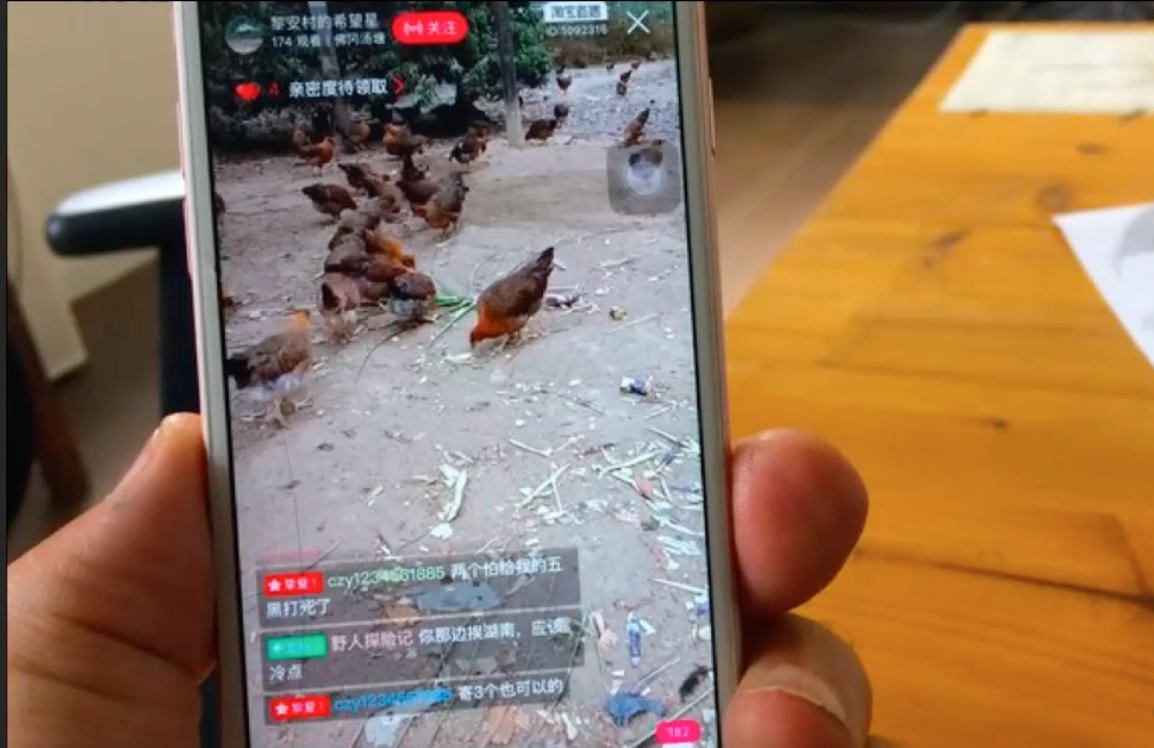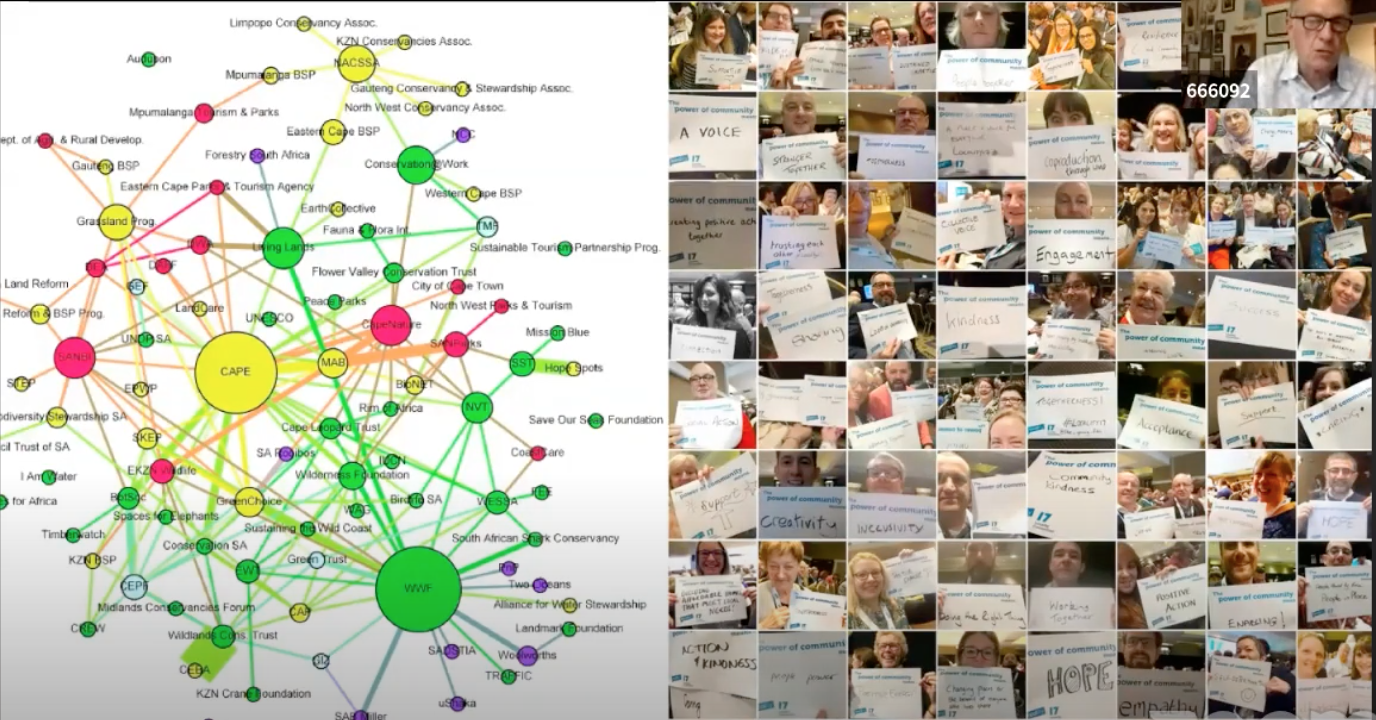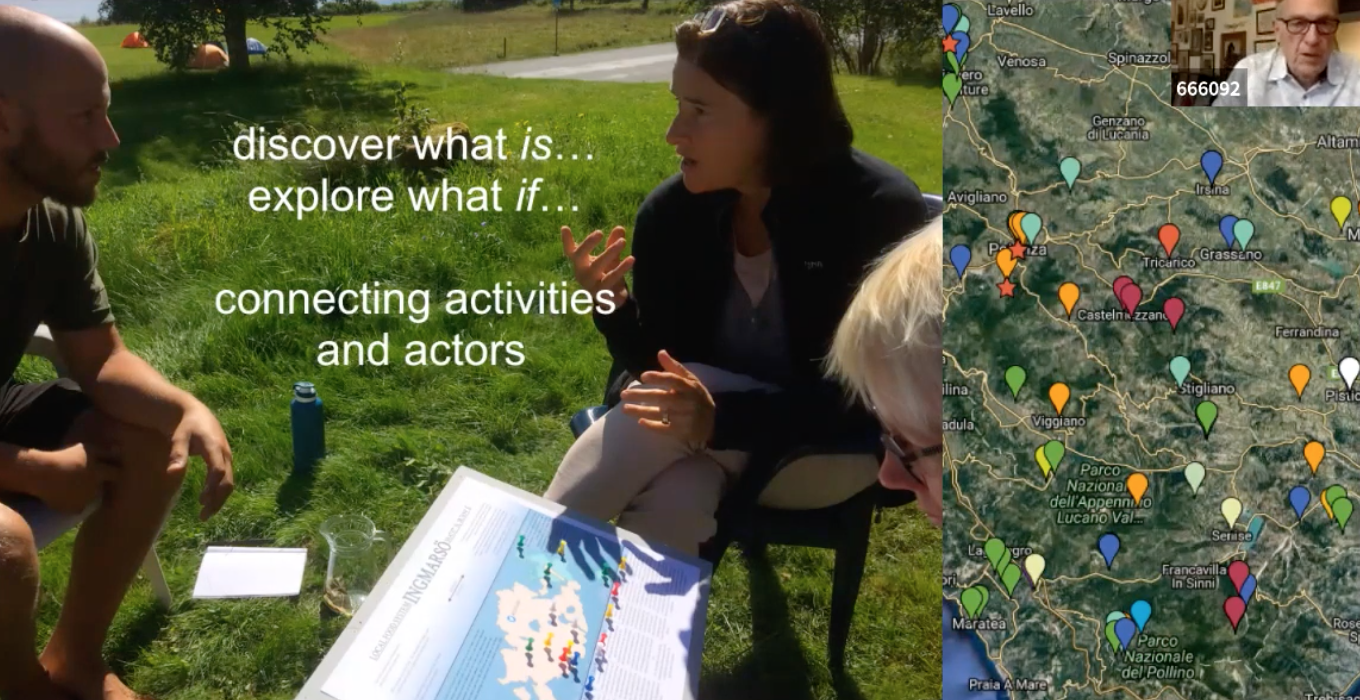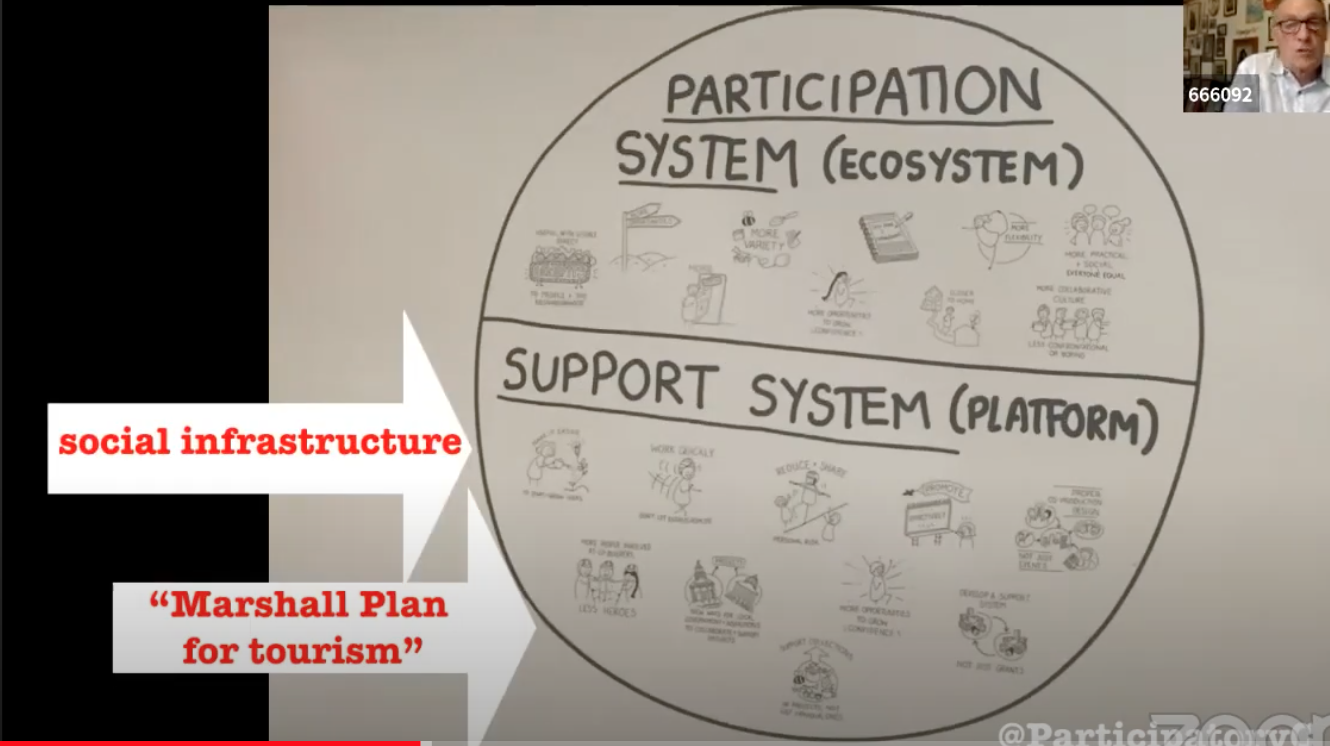What could tourism become, post-Covid? Former "destinations" can build new livelihoods. And make new urban-rural connections
We love the work of eco-design writer and strategist John Thackara (see archive) - he combines a strong and intimate love of nature with an urban appetite for new designs and innovations.
John’s presentation a few days ago (see embed above, John speaking) to a future of tourism conference, contained many gems of insight, which we will happily decorate some of our own thinking and practice with (further below). The urgent context comes from the EU commissioner Thierry Breton announcing a “Marshall Plan for Tourism”, in the light of the economic destructions of Covid-19 (as Thackara notes, looking up “parked planes” on Google gives you an indication of that sectors’ crisis).
Thackara asks us to look at the challenge from the perspective of the the “destination” - and not the tourism operator (who, as he points out, benefits much more from the travel trip than the location itself). How might a destination become a place for viable, self-sustaining livelihood - but not retreat into self-isolation?
Indeed, could rural ex-tourist locations find technological and social ways to maintain their connection with urban centres - which didn’t involve a stampede of tourist feet, and which actually opened up paths of trade and exchange that bypass the standard routes?
Please watch and enjoy the video. Some of John’s insights are very much echoed in our own interests:
We like this idea from the chaos mathematician Ilya Prigogine quoted here.
It fits with our investigations into a fractal politics, where patterns of development and improvement are echoed throughout a societal system.
We also note the importance that John puts on how actors can redefine themselves in these situations. What happens when a “tourism operator” redefines as a “village host”? Primarily concentrated on local community wealth building, which might open out to the wider world, but as an “island of coherence” not just a passive receiver of footfall?
Our recent blog on neighborocracy in India shows a similar power coming from redefinition of your agency, where you. Each person sees themselves as a “Minister” of the neighbourhood parliament (they become responsible for one of the UN Sustainable Development Goals at the local level). What both phenomena have have in common is the notion that the dynamic of this is owned by the village or locality.
John’s emphasis is that these connections need to be designed, engineered and organised - with an aim to release the energies of persons involved. Take the extraordinary Chinese experiment BaoBao - where smartphones connect farmers directly with urban consumers of their food, building relationships and increasing the farmers’ revenues. This idea that there can be different relations between I, We, and World is a cornerstone of what A/UK is exploring and building.
And finally - as a taster to the video above - we love John’s constant desire to map the fluid networks that enable this unusual and adaptive activity. With some serendipity, it seems we’ve both been calling it “social infrastructure” - the schools, training centres, underused post offices and libraries, maybe even low-ebb travel centres, becoming the spaces and places where different kind of local value can be realised.
Full video here.









